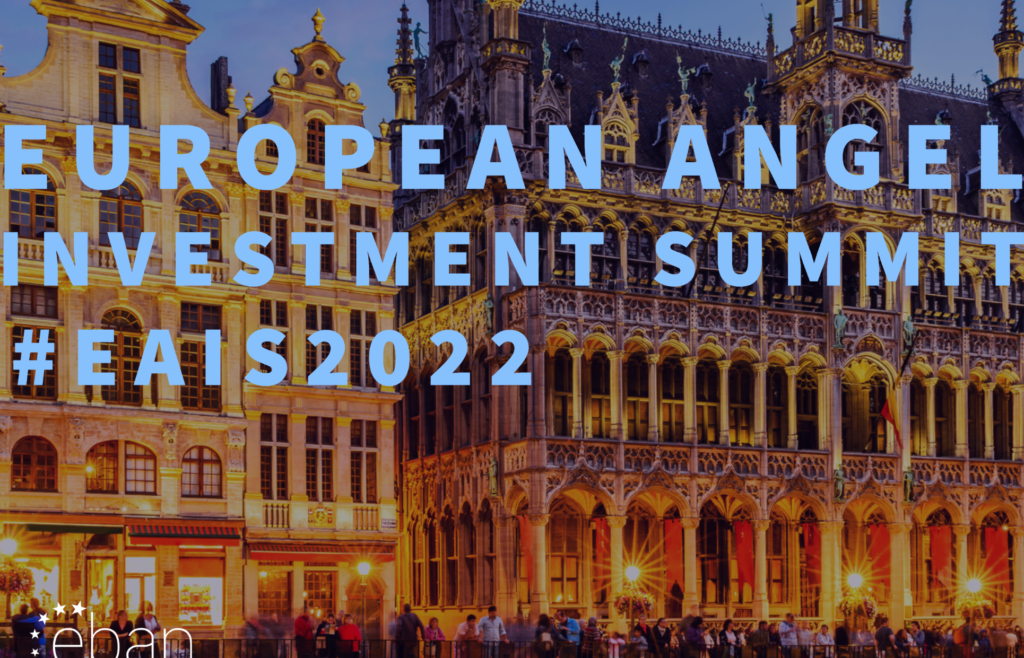European Village Startup Forum
European Village Startup Forum https://theraise.eu/wp-content/uploads/2023/02/IMG20230228093438.jpg 1 1 RAISE fosters startup growth and scale-up within and across Europe https://theraise.eu/wp-content/uploads/2023/02/IMG20230228093438.jpgThe European Startup Village Forum is part of a larger vision for the development of rural areas in the European Union (EU). In 2021, the European Commission launched the Long-Term Vision for the EU’s Rural Areas, which outlines a set of actions aimed at making rural areas stronger, more connected, resilient, and prosperous by 2040. The Vision recognizes the vital role of innovation in empowering citizens and entrepreneurs to seize opportunities arising from societal, environmental, and digital transformations. To this end, the Vision includes a flagship action on Research and Innovation for Rural Communities, which aims to foster a robust ecosystem that brings together public and private actors to promote the thriving of rural communities and to make them attractive places for innovators to live and work.
Against this backdrop, the annual European Startup Village Forum seeks to foster knowledge exchange and cooperation among stakeholders and to provide an open platform for institutions and experts to meet, discuss, and shape initiatives that promote startup-driven innovation in rural areas. In its 2023 edition, the Forum will explore the main elements and enabling factors of the Startup Village concept through a genuine science-for-policy interaction, which will facilitate the identification and analysis of the triggers of innovation and startup creation in rural areas. Participants are also expected to debate and propose concrete actions on how the Forum can enhance its role as a linking device to connect existing initiatives and stakeholders around the challenge of startup creation in rural areas and the importance of building effective place-based innovation ecosystems.
The Forum will also offer an opportunity to discuss several ongoing experiences related to Startup Villages and supporting tools, both developed by the European Commission and other stakeholders. For example, some support measures for promoting innovation and startup creation in rural areas and improving the framework conditions included in various EU policies and programs will be presented.
The Forum aims to identify a few themes for a research and knowledge exchange agenda on the Startup Village concept, whose findings will inform and guide the next edition of the Forum. The European Commission’s Joint Research Centre will support the Forum through scientific analysis and knowledge exchange, in coordination with the activities of the Rural Observatory.
The 2023 edition of the Forum will be chaired by European Commission Vice-President Dubravka Šuica, along with Commissioners Elisa Ferreira, Mariya Gabriel, and Janusz Wojciechowski, as well as the Vice-President of the European Committee of the Regions, Apostolos Tzitzikostas. It will provide a platform for a science-for-policy exchange to explore the main elements and enabling conditions of the Startup Village concept and support the identification and analysis of triggering factors for innovation and startup creation in rural areas.
During the in-person event organized by the JRC, called The European Startup Village Forum, Abel Fernández, a team member of the European Business Angels Network (EBAN), presented the Startup Village Forum initiative. The Forum’s flagship action on Research and Innovation for Rural Communities aims to contribute to the development of a strong ecosystem that brings together public and private actors to foster rural communities’ growth and attractiveness for innovators.
“Through the Startup Village Forum, villages and rural areas with big dreams can share their ideas,” pointed out Gabriel Mariya, European Commissioner for Innovation.
MEP Maria da Graça Carvalho was one of the speakers, alongside Commissioners Mariya Gabriel, Janusz Wojciechowski, and Elisa Ferreira. In her speech, Maria da Graça Carvalho emphasized the importance of research and innovation in rural areas, highlighting the need for creating conducive conditions to attract innovators and prioritizing rural-related research and innovation topics. She also stressed the relevance of synergies of funds and provided two successful examples from Portugal, namely a pilot project in Alentejo and the Madeira Project – Ponta do Sol.



